Six Rivers’ is so grateful to our donors for their support in helping us create places of respite for future generations. Join us in giving the gift of respite by helping protect these natural areas for years to come. If you would like to know more about how you can support Six Rivers or to donate visit https://sixriverslandconservancy-bloom.kindful.com/ or contact Ashley Everhart, aeverhart@sixriversrlc.org.
Respite
By Chris Bunch, Executive Director
On a recent sunny fall morning, I was privileged to take a walk with a few Six Rivers members on a property we are working to protect. Partway into our journey one of them stopped, raised his hand and said “Listen! Do you hear that? Nothing. What a glorious thing”. Fading into the woods, drifting off on the water. The breeze, the leaves rattling in the trees, waves lapping, birds and critters going about their business. When the color of water merges into the leaden color of the sky with the wind whipping the tops off the waves, skin tingling and numbing in the cold. These are the places I find respite—outdoors, in nature, in the wild. Respite. From the onslaught of information, demands, obligations, and the clamoring for attention across every forum of our connected world. Respite is essential in this world full of demands, productivity and doing. Much is said about the healing power of immersion in the natural world. I know it from experience, starting from as early as I have memory. At Six Rivers Land Conservancy, we work to conserve, sustain and connect natural areas, lands and waters – protecting the places that provide respite. For people, for nature, for all its inhabitants. It is my great desire and privilege to share this fundamental part of me— to give something back to the natural world I reside in. To honor the lessons learned from elders and share them with generations to come, so others may find respite in the world we inhabit. Your contribution to Six Rivers is a gift to the future. The land we protect provides respite for our fellow travelers now and yet to come. I invite you to join me on this journey—to share in the intimate experience of respite in nature, and to help ensure it is there for future generations.


